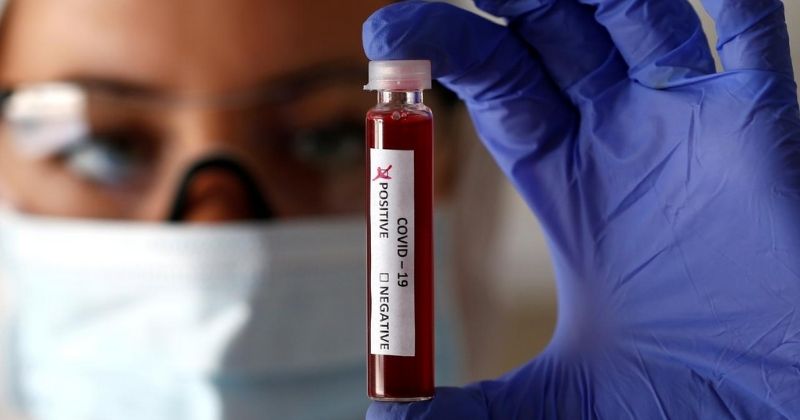


It’s always good to know your blood type, but particularly when you’re pregnant. The slim minority of humans without? Rh-negative. If you’ve got it-and most of us do-you’re Rh-positive. The term Rh factor is commonly used to refer to the presence of a certain protein, the D antigen, on the surface of an individual’s red blood cells. Now, blood can seem like a loaded concept, I guess-essence of life, symbol of tribal identity, beverage of vampires, etc.-so maybe even the otherwise level-headed get weird about it sometimes. On examination, they generally seem to be people who had certain theories about how the world worked long before they learned of Rh negativity. Instead, as you say, the question is where these crypto-hematologists emerged from and what their deal is. But I’ll go out on a limb here and assume that none of my readers actually suspects some randy E.T.

Various stalwart rationalists, bless ’em all, have labored above and beyond to debunk this stuff. Many links concerning Rh-negative blood look kosher enough in your search results but when clicked release a flood of wide-eyed theories about ethnic migration, blood-type-based dating tips, and offers to trace your ancestry back to extraterrestrials, angels, or lizards. That sure is some netherworld of dodgy disinfo you inadvertently spelunked into, Katrina-no place you’d want to find yourself without up-to-date antivirus software, an airtight pop-up blocker, and ideally a strong stomach. Where did all this crazy mythology surrounding blood types come from? -Katrina I’ve heard this can cause pregnancy issues, so I Googled “Rh-negative blood” and ran across a bunch of weirdo sites with “theories” about the origin of negative blood types and some online communities with seriously racist undertones.

health adults that are interested in e-health by ethnicity 2017 adults that use an app to track fitness 2017, by ethnicity Attitudes towards blood donation in selected Latin American countries 2018.adults that use an app to get fitness instructions 2017, by ethnicity Attitudes towards blood donation in Sweden 2018.Distribution of SCD inpatient stays in the U.S.Blood groups of the French, according to the ABO system.Blood groups of the French, according to the Rh system.Number of blood donations per donor in France 2005-2019.Average number of blood donations per donor in France 2005-2017.Number of blood donations in France 2005-2019.Number of blood donation records by place of donation in France 2019.Blood groups of the French, according to the Rh blood group system.Blood groups of the French, according to the ABO blood group system.adults donated blood, compared to around 15 percent in 2003. The percentage of adults who donated blood in the United States has not fluctuated much for the past two decades. However, only around three percent of age-eligible people donate blood yearly. The American Red Cross estimates that someone in the United States needs blood every two seconds. Only around seven percent of adults in the United States have O-negative blood type. among Caucasian adults, at around eight percent of the Caucasian population, while only around one percent of the Asian population has O-negative blood type. O-negative blood type is most common in the U.S. Those with blood type O-negative are universal donors as this type of blood can be used in transfusions for any blood type. Around 33 percent of the Caucasian population in the United States has A-positive blood type. The second most common blood type in the United States is A-positive. has blood type O-positive, while only around 37 percent of the Caucasian population has this blood type. Around 53 percent of the Latino-American population in the U.S. The most common blood type among the population in the United States is O-positive.


 0 kommentar(er)
0 kommentar(er)
